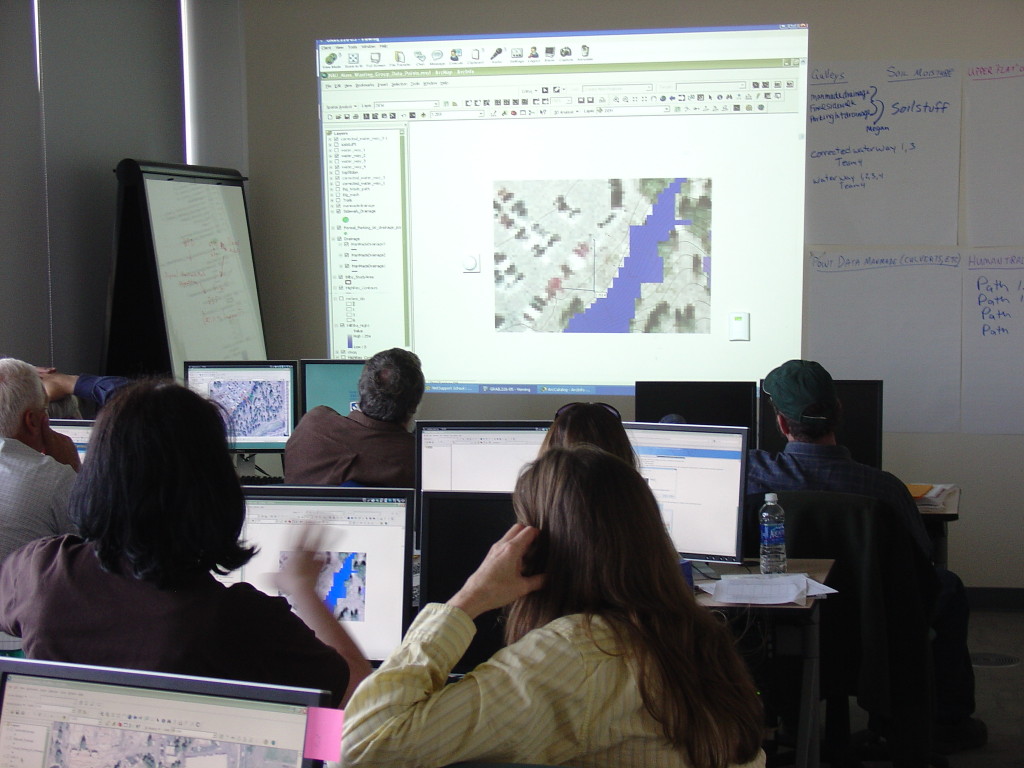Northern Arizona University has been awarded a $448,000 grant from the National Science Foundation to support career and educational pathways in geospatial technology.
Through the Geospatial Connections Promoting Advancement to Careers and Higher Education, or GEOCACHE, project, NAU will partner with Mesa Community College to integrate GST and project-based learning in new and existing courses, increase awareness of and training for GST-related careers through internships, outreach and industry involvement, and provide sustained professional development in GST skills for high school, community college and university faculty.
“This exciting collaboration with Mesa Community College will provide multiple entry points into the field for a diverse group of learners,” said Lori Ann Rubino-Hare, professional development coordinator at NAU’s Center for Science Teaching and Learning.
Using GST to solve problems collaboratively not only supports a possible career, but enhances student achievement in STEM fields and provides 21st century workforce skills, Rubino-Hare said.
Assistant professor Mark Manone, who directs NAU’s Geospatial Research and Information Laboratory, points to the wide-ranging application of GST skills. It’s not just hard-science jobs that are out there, Manone said. The technology is being used in “anything that deals with location-based information,” from city planning to business marketing. “It’s an emerging field that’s going to provide for career paths in diverse areas,” he said.
In fact, the U.S. Department of Labor considers the field a high-growth industry and projects GST employment to increase 35 percent by 2020.
A survey of Arizona employers who use GST, however, identified a deficit in key STEM and GST skill sets among potential and current employees.
According to Rubino-Hare, the project will help to change this and ensure Arizona is ready to meet the GST workforce demand of the future.
“NAU and MCC will see more students entering geospatial certification and degree programs, and industry partners will benefit from increased and better-qualified applicants,” she said.



